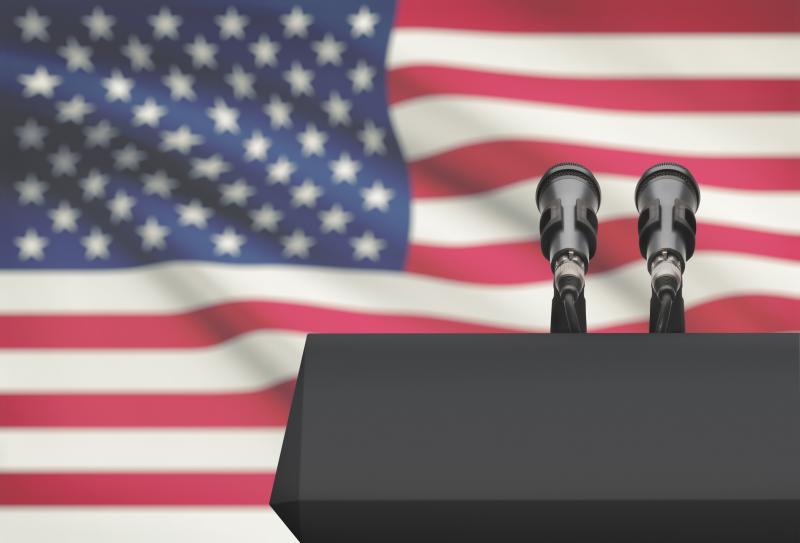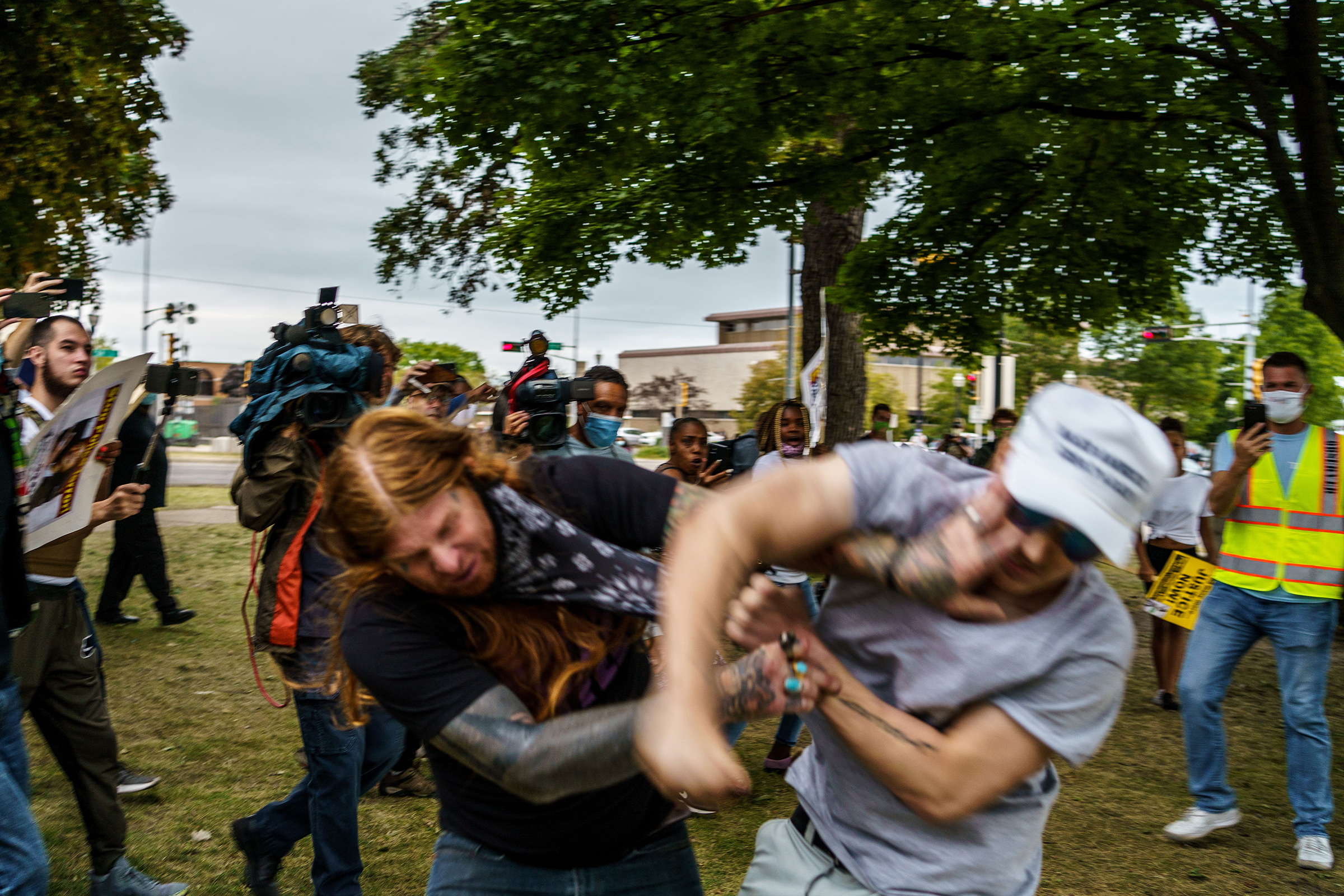In Counterman v. Colorado, No. 22-138 (June 27, 2023)., the U.S. Supreme Court held that Facebook threats aren’t necessarily real threats. In order to constitute a “true threat,” the prosecution must prove that the defendant had some subjective understanding of the threatening nature of his or her statements.
FACTUAL BACKGROUND
From 2014 to 2016, the defendant Mr. Counterman sent hundreds of Facebook messages to C. W., a local singer and musician. The two had never met, and C. W. did not respond. In fact, she tried repeatedly to block him, but each time, Counterman created a new Facebook account and resumed contacting C. W. Several of his messages envisaged violent harm befalling her.
Counterman’s messages put C. W. in fear and upended her daily existence. C. W. stopped walking alone, declined social engagements, and canceled some of her performances. C. W. eventually contacted the authorities.
The State charged Mr. Counterman under Colorado’s Stalking Statutue. This crime makes it unlawful to repeatedly make any form of communication with another person” in “a manner that would cause a reasonable person to suffer serious emotional distress and does cause that person to suffer serious emotional distress.”
Mr. Counterman moved to dismiss the charge on First Amendment grounds, arguing that his messages were not “true threats” and therefore could not form the basis of a criminal prosecution. Following Colorado law, the trial court rejected that argument under an objective standard, finding that a reasonable person would consider the messages threatening.
Counterman appealed, arguing that the First Amendment required the State to show not only that his statements were objectively threatening, but also that he was aware of their threatening character. The Colorado Court of Appeals disagreed and affirmed his conviction. The Colorado Supreme Court denied review. Instead, the U.S. Supreme Court stepped in to handle the appeal.
COURT’S ANALYSIS & CONCLUSIONS
Justice Kagan delived the opinion of the majority court. Preliminarily, she began by saying the First Amendment permits restrictions upon the content of speech in a few limited areas. Among these historic and traditional categories of unprotected expression is true threats.
“True threats are serious expressions conveying that a speaker means to commit an act of unlawful violence,” said Justice Kagan. “The existence of a threat depends not on the mental state of the author, but on what the statement conveys to the person on the receiving end.”
Justice Kagan elaborated that the State is required to show the defendant had the mental state to make a true threat. She explained that with regard to defamation, a public figure cannot recover for the injury that someone’sstatement causes unless the speaker acted with knowledge that it was false or with reckless disregard of whether it was false or not. The same idea arises in the law respecting obscenity and incitement to unlawful conduct.
“And that same reasoning counsels in favor of requiring a subjective element in a true-threats case. A speaker’s fear of mistaking whether a statement is a threat, fear of the legal system getting that judgment wrong, and fear of incurring legal costs all may lead a speaker to swallow words that are in fact not true threats. Insistence on a subjective element in unprotected-speech cases, no doubt, has a cost: Even as it lessens chill of protected speech, it makes prosecution of otherwise proscribable, and often dangerous, communications harder. But a subjective standard is still required for true threats, lest prosecutions chill too much protected, non-threatening expression.” ~Justice Kagain, U.S. Supreme Court.
Justice Kagan held that a Reckless Standard is the correct approach in determining the proper mens rea for these cases. A recklessness standard shows that a person “consciously disregarded a substantial and unjustifiable risk that his conduct will cause harm to another.”
“Requiring purpose or knowledge would make it harder for States to counter true threats—with diminished returns for protected expression. Using a recklessness standard also fits with this Court’s defamation decisions, which adopted a recklessness rule more than a half-century ago.” ~Justice Kagain, U.S. Supreme Court.
Justice Kagan concluded by saying the State of Colorado wrongfully prosecuted Counterman in accordance with an objective standard and not a “reckless standard.” This was a violation of the First Amendment. With that, the U.S. Supreme Court reversed Mr. Counterman’s Stalking conviction.
My opinion? Justice Kagan’s “Recklessness Approach” to stalking cases is certainly creative. And it seems to be upheld by caselaw. I agree with her reasoning that recklessness strikes the right balance. It offers enough breathing space for protected speech without sacrificing too many of the benefits of enforcing laws against true threats.
Please contact my office if you, a friend or family member are charged with Stalking, Harassment or any other crime. Hiring an effective and competent defense attorney is the first and best step toward justice.
















